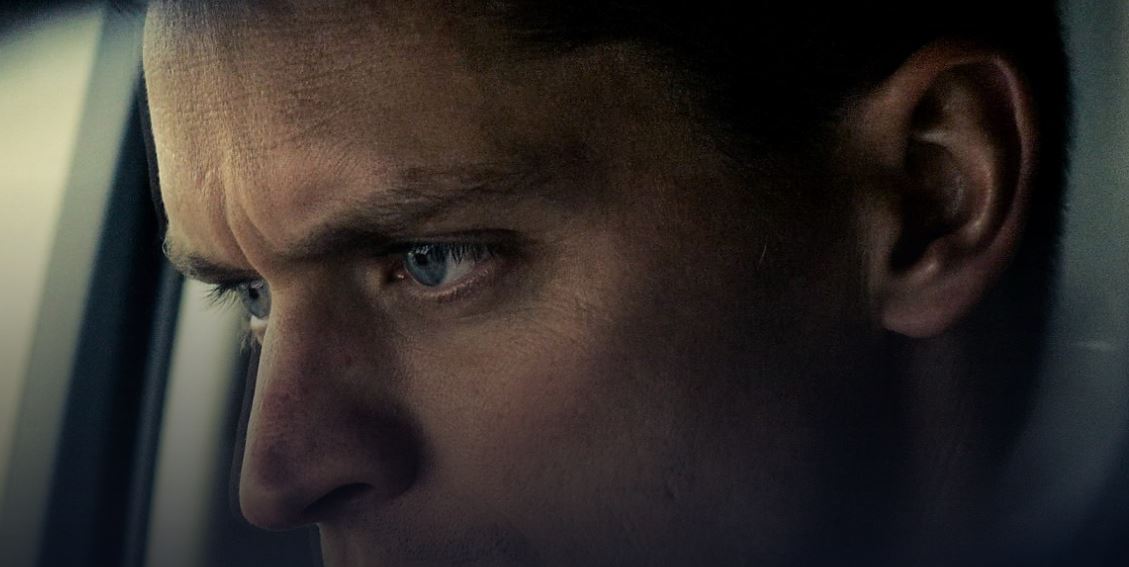
A recent episode of BBC Panorama followed West Midlands Police as they brought down a slave gang.
The gang held hundreds of people captive, set them to work, stole their wages, made them eat from skips, and wash in canals. They also threatened to kill them if they tried to escape.
We heard first-hand testimony from slaves who have waived their lifelong right to anonymity so they can tell their stories. The programme also featured exclusive access to the police and legal team who have spent more than four years bringing gang members to justice.
You can watch the programme on BBC iPlayer until August 2020.
People as a Commodity
The documentary identified how modern slavery can be a highly organised criminal enterprise.
At the heart of this modern slavery ring was a Roma family from Poland. On the face of it, the slaver seemed friendly. But to his victims he was aggressive, violent and manipulative in his pursuit to exploit people who presented as vulnerable.
The gang used an agency to make their work appear legitimate. They acted as interpreters to set up bank accounts for their slaves, but made sure to keep hold of the bank cards. They could then “pay” their slaves directly into these accounts, and withdraw money whenever they wished. Footage shows bank cards with pin numbers written on the back, and a slaver withdrawing money from several different accounts.
Hope For Justice
The police worked with Hope for Justice. This organisation aims to end human trafficking and modern slavery.
They received a message from a church soup kitchen. Workers at the kitchen realised that many of the desperate men and women turning up for food may have been victims of modern slavery. Hope for Justice provided information and evidence that helped the police piece together the case to bring the slavers to court.
This is why safeguarding matters. If you learn to spot the signs of abuse, you too can help adults at risk.
Modern Slavery and Grooming
How does a person become a victim of modern slavery? The documentary explored the grooming process.
Slave gangs begin by identifying vulnerable individuals as targets. These could be homeless people, people on the run from police, people just out of prison, or people suffering from addictions. The slavers make a promise of a better life – food, a house, and money. Even if the slavers don’t promise much, anything will be an improvement on their current situation.
Once the slave gang identifies their target, they move quickly. They often traffic their victims in the space of a day. This creates disorientation and isolation, which makes it harder for their victims to escape from their circumstances. Their victims soon find out that they’re expected to pay for all their travel, food, and accommodation. All of this payment will be deducted from their wages. And these wages are usually so low that they soon accumulate a debt they’ll never be able to pay back.
Slave gangs identify any individuals who they believe might try to run. They single them out for brutal beatings, so they act as a warning to the others: This is what will happen to you if you don’t fall in line. So their victims might be physically free, in that they’re not chained up. But they’re psychologically enslaved. They fear that, should they ever run, they’ll always have to look over their shoulders.
Raising Awareness of Modern Slavery
The powerful documentary demonstrated that modern slavery is highly organised crime. Some believe that cases of modern slavery may be far higher than we first thought. Every day we may be complicit in modern slavery without even realising. We could accept a delivery processed through an illegal depot. Use a car wash staffed by slaves. Or even buy food grown on a farm run by a slaving gang.
The more we raise awareness of modern slavery, the better we can get at spotting the signs, and helping the people who need it most.
If you have any concerns about modern slavery, you can call the Modern Slavery Helpline. Learn more.
Modern Slavery Awareness Training
Do you need advice on spotting the signs on modern slavery? Do you want to know how you can help those affected by modern slavery?
To find out more about modern slavery awareness training, please get in touch.
